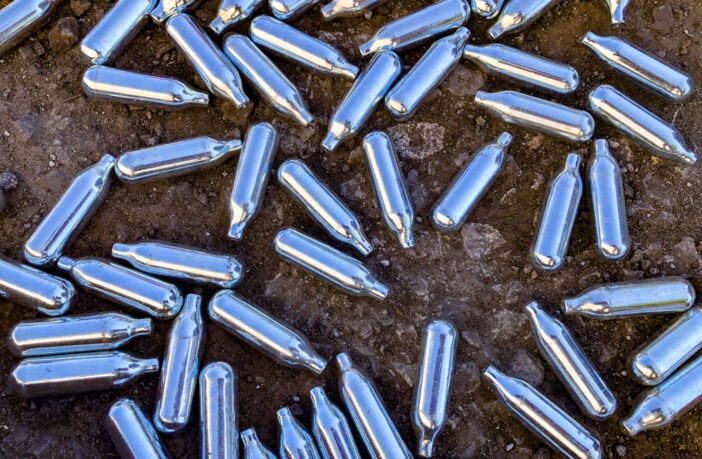In recent months, the term Galaxy Gas has gained significant traction on social media, leading to mixed reactions among the public. Some individuals are well-acquainted with the term, often associating it with the use of whippets, while others are left puzzled by the ongoing discussions. This article aims to shed light on what Galaxy Gas is, the controversies surrounding it, and the potential risks involved.
What is Galaxy Gas?
Galaxy Gas is a brand based in Georgia that specializes in providing premium whipped cream dispensers and whipped cream chargers. According to the company, their products are intended solely for culinary purposes. However, the brand’s name has become synonymous with nitrous oxide inhalants, often referred to as whippets, in casual conversations across various platforms.
The controversy explained
The controversy surrounding Galaxy Gas is not about the emergence of a new recreational drug but rather the increasing popularity of whippets. Whippets are inhaled to achieve a brief high, typically lasting only a few seconds. While the products themselves are legal to purchase, using them for recreational purposes is illegal. This duality raises concerns about accessibility and the normalization of such behavior among younger audiences.
Health risks associated with whippets
Despite the allure of a quick high, health experts warn against the dangers of nitrous oxide abuse. While rare, there have been documented cases of serious health issues stemming from excessive use. For instance, a 22-year-old man reported using about 15 whippets daily, leading to numbness in his legs and requiring medical attention. Although he experienced gradual improvement, he still faced mobility challenges.
Some of the potential health risks associated with nitrous oxide abuse include: nerve damage, interference with vitamin B12 metabolism, fainting and paralysis.
Celebrity reactions
The growing trend has caught the attention of several celebrities, including Grammy-winning artist SZA. In a series of posts on social media, she expressed her concerns about Galaxy Gas, questioning whether the marketing strategies were targeting younger audiences. Her comments reflect a broader concern about the influence of social media on youth behavior.
Similarly, rapper Lil Gnar humorously criticized the trend by sharing a video that depicted him throwing away a Galaxy Gas product instead of using it. These reactions highlight a growing awareness among public figures about the implications of such trends.
Galaxy Gas’s response
In light of the controversy, Galaxy Gas has issued a disclaimer on its website, emphasizing that their products are intended solely for culinary use. The company states, “Products containing nitrous oxide are sold solely as a food processing propellant for whipped cream and culinary food use only.” They further clarify that the sale of whipped cream chargers for inhalation purposes is illegal.
Recently, reports indicated that Galaxy Gas has paused the sales of its whipped cream chargers, possibly in response to the backlash. Additionally, some social media platforms have begun to implement restrictions regarding the promotion of Galaxy Gas products, citing policies against illegal activities.
The Galaxy Gas phenomenon serves as a reminder of the complexities surrounding substance use and the influence of social media on public perception. While the brand markets its products for culinary purposes, the association with recreational use raises significant health and ethical concerns. As discussions continue, it is crucial for consumers, especially young individuals, to be informed about the risks involved and to approach such trends with caution.



